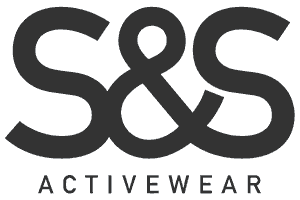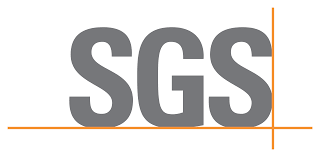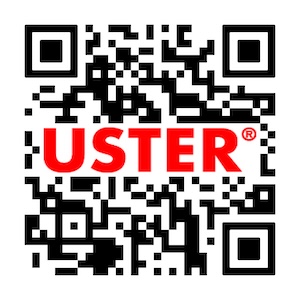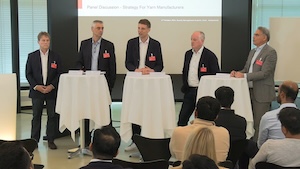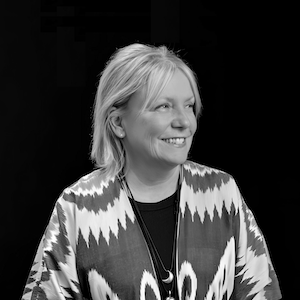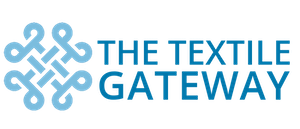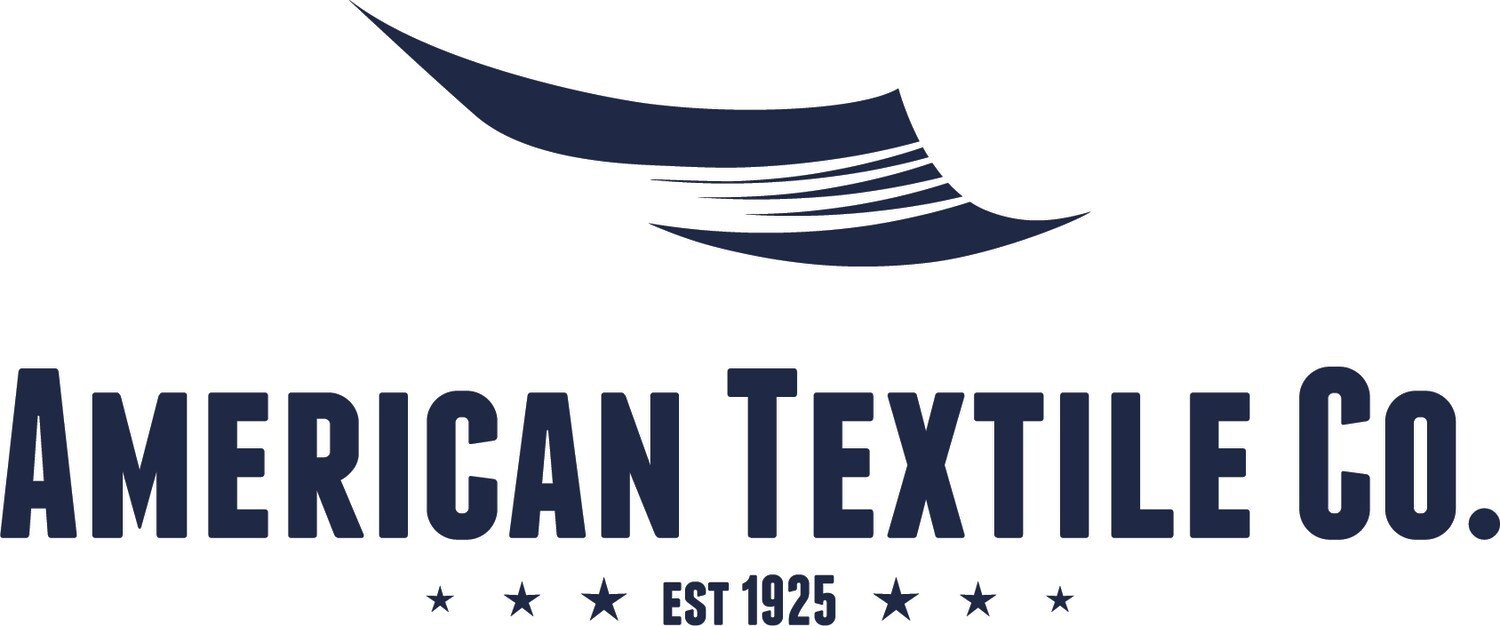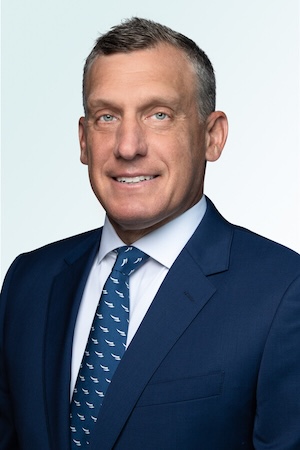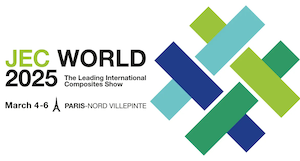 PARIS — March 18, 2025 — After three dynamic days of intense business interactions, expertise sharing, and knowledge exchange, the 60th edition of JEC World 2025 has reaffirmed the pivotal role of the composites industry in building a more sustainable future. Under the unifying theme “Pushing the Limits,” the event showcased the extraordinary versatility and innovation of composite materials that continue to redefine lightweighting, performance, and design possibilities for an increasing number of applications.
PARIS — March 18, 2025 — After three dynamic days of intense business interactions, expertise sharing, and knowledge exchange, the 60th edition of JEC World 2025 has reaffirmed the pivotal role of the composites industry in building a more sustainable future. Under the unifying theme “Pushing the Limits,” the event showcased the extraordinary versatility and innovation of composite materials that continue to redefine lightweighting, performance, and design possibilities for an increasing number of applications.
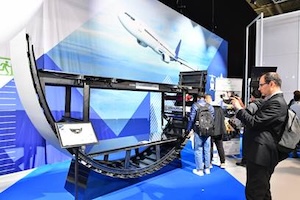 This edition marked a new milestone as the largest JEC World ever, attracting more than 45,000 professional visits from 94 countries, 29 percent coming from France, with 27 regional and national pavilions and hosting more than 1,350 exhibitors showcasing cutting-edge innovations, and a very strong increase in business relationships as part of the JEC Business Meetings program.
This edition marked a new milestone as the largest JEC World ever, attracting more than 45,000 professional visits from 94 countries, 29 percent coming from France, with 27 regional and national pavilions and hosting more than 1,350 exhibitors showcasing cutting-edge innovations, and a very strong increase in business relationships as part of the JEC Business Meetings program.
JEC World, the industry Think Tank
During the three days of the show, public authorities, industry leaders and visionaries contributed to make JEC World the composites industry Think Tank, where circular economy principles were raised by all participants, starting by the launch of the European Composites Circular Alliance on March 4th with the European Commission support.
Many strategic partnerships were signed at the show among which Fraunhofer and the ICC Japan, Orbital and Aditya Birla, Vartega and Syensqo, the creation of the Composites TP Team, with Coriolis, Pinette, l’Institut de Soudure, Loiretech and CETIM, the partnership of Beneteau, Veolia, Composites Recycling, Arkema, Chomarat and Owens Corning for the first circular leisure boats, etc… At JEC World, the converging efforts of all stakeholders, heading towards a sustainable future, created a global statement and a tangible source of inspiration.
JEC World, the must-attend business platform of the composites’ worldwide community
The whole value chain gathered in Paris for this “festival of composites”: gathering as many global companies as SMEs under one roof, the event also presented 50+ start-ups resulting, in a lively environment for networking and business opportunities. Powered by a dedicated business meetings platform developed and optimized for the composites industry, the JEC Business Meetings Program enabled 13,500+ face-to-face pre-arranged meetings during the three days — an increase of 68 percent over 2024, demonstrating the dynamism of the industry.
Many countries also participated in the event: Foreign Ministers, French President of the MEDEF (French Business Confederation), Ambassadors and official representatives from 16 countries visited the show as part of official delegation tours. Among them: Austria, Brazil, Bulgaria, Czech Republic, Egypt, Germany, Great Britain, Japan, South Korea, Luxembourg, Slovakia, Spain, Taiwan, Thailand, Turkey and United States.
JEC World: Connecting Innovation and Industry
With more than 600 new products and innovations launched during this year’s show, JEC World remains the best place to introduce new developments to the global market. The JEC Composites Innovation Awards recognized 11 collaborative achievements, reflecting the industry’s dedication to providing new solutions for all application sectors of composites.
For its 8th edition, the JEC Composites Startup Booster competition, now firmly established as the leading competition for startups in the advanced materials sector, rewarded three companies from Netherlands, Spain and the United States for their impressive market potential.
The Live Demo zone was particularly visible on the show floor and well attended over the three days. This feature, highlighting automated and robotized processes, including large-scale additive manufacturing technologies, together with more than 100 machines available on exhibitors’ booths, made the JEC World experience unique.
The strengthening of the partnership with Sampe and the introduction of an exhibition space and conferences dedicated to the many Research and Innovation Projects have allowed JEC World to reach a new dimension in terms of advanced themes.
JEC World 2025 was, all in all, the place where innovation is ubiquitous, and the future of composites is shaping. With confidence, 59 percent of the exhibition space has already been booked for the next edition, which will take place March 10-12, 2026. Exhibitors and attendees have shared very positive feedback about the quality of the exhibition and the resounding success of this flagship event for the industry once again.
Posted: March 18, 2025
Source: JEC Group




